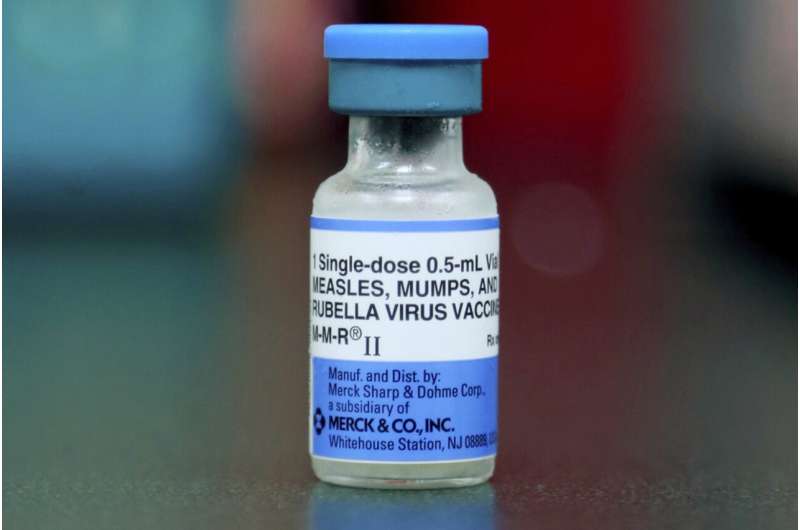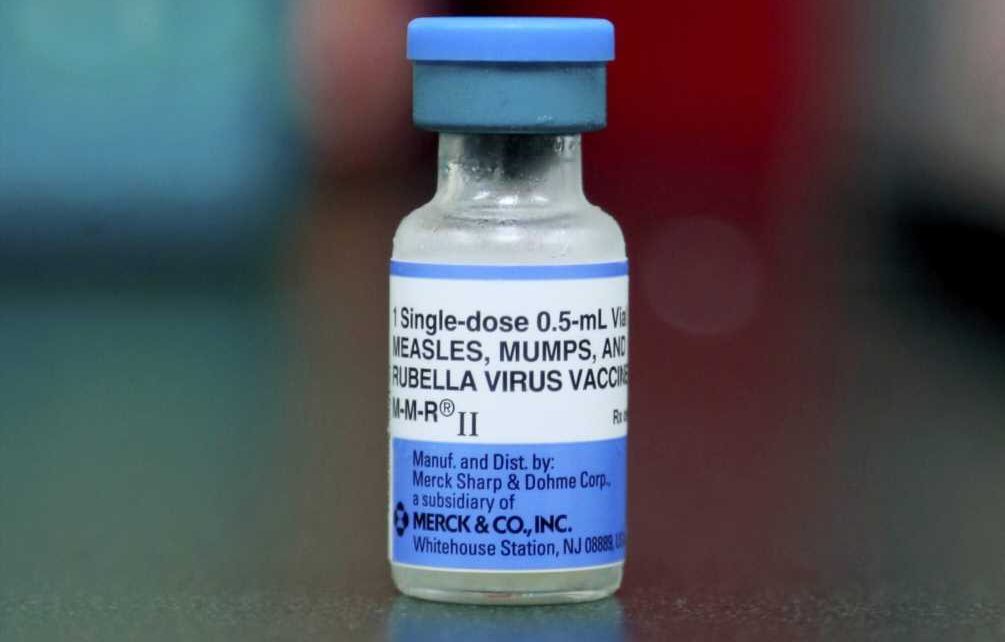
A smaller portion of U.S. children got routine vaccinations required for kindergarten during the pandemic, government researchers said Thursday, raising concerns that measles and other preventable diseases could increase.
Rates were close to 94% for measles, whooping cough and chickenpox vaccinations for the 2020-21 school year. That was down 1% from a year earlier and means 35,000 U.S. children entered kindergarten without evidence that they were vaccinated for extremely contagious diseases, the federal Centers for Disease Control and Prevention said in a report.
In addition, almost 400,000 fewer children than expected entered kindergarten and their vaccination status is uncertain, the CDC said.
Pandemic-related disruptions likely contributed to the decline, the report said, as pediatricians canceled non-emergency appointments, parents skipped checkups for their children and vaccine requirements were eased for students doing remote learning.
“We haven’t seen outbreaks and that’s probably representative of the fact that families were staying home during the pandemic,” said Dr. Georgina Peacock, the CDC’s director of immunization services. But authorities worry that could change if kids remain behind on their shots as more people return to normal routines.
Data for the current school year, due in November, should indicate whether the lag persisted, said the CDC’s Shannon Stokley.
The data come from schools’ reports on vaccination rates in 47 states plus Washington, D.C. The CDC said staffing shortages and other pandemic disruptions could have led to incomplete or absent school reports, a limitation in assessing the true vaccination rates.
In 16 states, rates for kids entering kindergarten were at least 95% for measles shots and for the combination diphtheria, tetanus and whooping cough shot. The rates were below 90% for the combined whooping cough shot in eight states plus Washington, D.C., and in seven states plus Washington, D.C., for measles shots.
Source: Read Full Article



